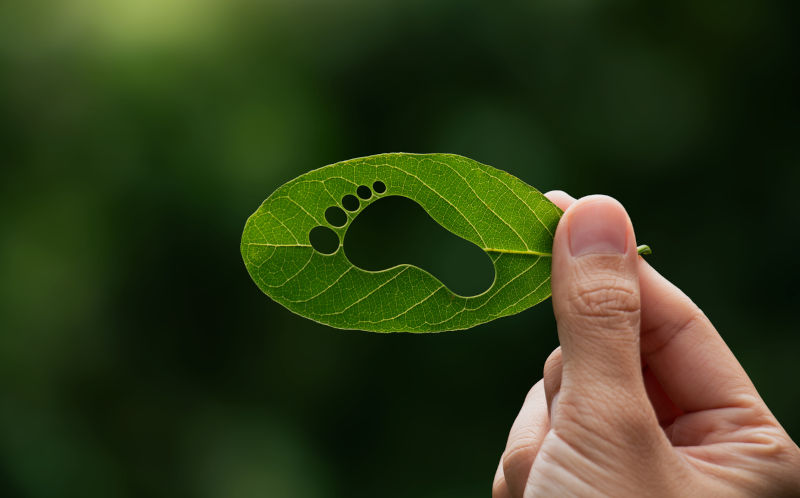The US and Australia: drill baby drill/drill mate drill
August 21, 2024
A number of new studies highlight an embarrassing fact: Australia is playing a not insubstantial and growing role in slowing the reduction of global carbon emissions. By diligently increasing the development of unwanted new gas and coal fields we are only adding to Trump’s exhortation ‘drill baby drill’ with ‘drill mate drill’.
Reversing these policies is problematic. Our Government is bathing itself in the glow of an achievable domestic emission reduction target, with most of the opposing political forces and domestic media embracing this blindfolded focus. Labor is, no doubt, delighted by the Coalition restricting its criticism exclusively to our domestic footprint and robustly lobbing for the development of even more fossil fuel developments.
In this critically neutered environment, conveniently ignored are the findings of the international research body Climate Analytics. Our total carbon emissions will take a substantial proportion – around 9% – of the global carbon emissions budget by which the world would need to restrict itself to if temperature rises are to be held to 1.5 C. That’s no surprise given we are second only to Russia as the world’s largest exporter of carbon emissions and the third largest (after the US and Russia ) exporter of carbon fuels.
Of course, we also show up badly on our domestic emissions. Per capita Australia has already emitted far more domestically than the populations of developing countries and still – as one of the world’s largest emitters – puts out four times more than the global average. We are, in other words, already heavily in deficit in terms of achieving carbon neutrality.
A further shoddy fact is that we, together with other major gas and coal exporters, such as the US and Russia, are brazenly squeezing out the last drop of commercial profit from the export of fossil fuels before the looming climate change Armageddon takes hold and our mining assets become stranded. We are anything but what we like to see ourselves as: members of a climate-responsible Western nations club. In reality, the Government and Opposition have entered into a Faustian unspoken bargain to mislead the Australia public on the key issues relating to our exports.
Much of the new fossil fuel developments in Australia is gas related and justified by our Government on the basis that it’s an appropriate low carbon transition fuel and that the extra volume from new developments is needed to effect the transition to renewables. In the first instance, there is now solid evidence that the carbon footprint of gas is, in most cases, no better than coal when upstream emissions are accounted for (Webb P and I April 7, 2023) and no less so for gas exported by Australia and the US. In other words, the fossil fuel industry’s characterisation of gas as a “clean fuel” is simply untrue – a fact again nowhere admitted to by the Government and rarely if ever by our media. An equally important misrepresentation is the claim the world needs more gas to transition to carbon neutrality. Hardly hidden from view has been the IEA’s unequivocal statement in 2021 that to keep temperatures below 1.5%, and achieve carbon neutrality by 2050, no new coal or gas developments should be entered into (reaffirmed last year). Our reaction has been to place 116 new fossil fuel projects on the Federal Government’s Resource and Energy Major Projects list.
Nor rising to the consciousness of the atrociously advised Australian public is the fact that there is indeed no looming increase in the demand for gas – quite the opposite. Newly released projections are (see The Instituted for Energy Economics) that demand for gas will slow by an average of 1.6% annually to 2026. At the same time, in the making is a massive increase in gas supply – in the order of 40% by 2028. The resulting competition from lower gas prices thus threatens to slow the transition to renewables. Notwithstanding these developments, the Government’s “future Gas Strategy” published in May this year justifies expanded gas production on the basis that “..our trade partners….are relying on Australian gas to transition their economies to net zero”. In fact, our largest client for LNG, Japan, is in the process of substantially reducing its consumption of gas (projected to fall 25% by 2030) and is already re-exporting as much as it imports from Australia (this is largely being directed to Southeast Asian markets where Japan is reported to be financing gas fired energy generation). Our two other major LNG markets — South Korea and Taiwan — are also showing declining demand.
That the Australian public is largely unaware we are playing a substantive role in fomenting climate change is a situation with which the Albanese Government and a compliant, uninquisitive media are complicit. This lack of awareness also reflects, no doubt, the Government’s refusal to release its report on the effects of climate change on Australia’s security and no evident willingness to embark on a national climate change education campaign. Public support for such a campaign is hardly universal among our mining infused business community. Gina Rinehart says she is opposed to climate action because it was “….making students anxious with climate induced global extinction propaganda”. But a recent poll indicates how badly public education is needed. The international poll showed an extraordinary low and declining proportion — 60% — (one of the world’s lowest) of Australians believe climate change is human induced. Only 52% of us (the world’s lowest) believe the cost from climate change and pollution would be greater that the investment needed for environmental sustainability via an ecological transition of our societies.

